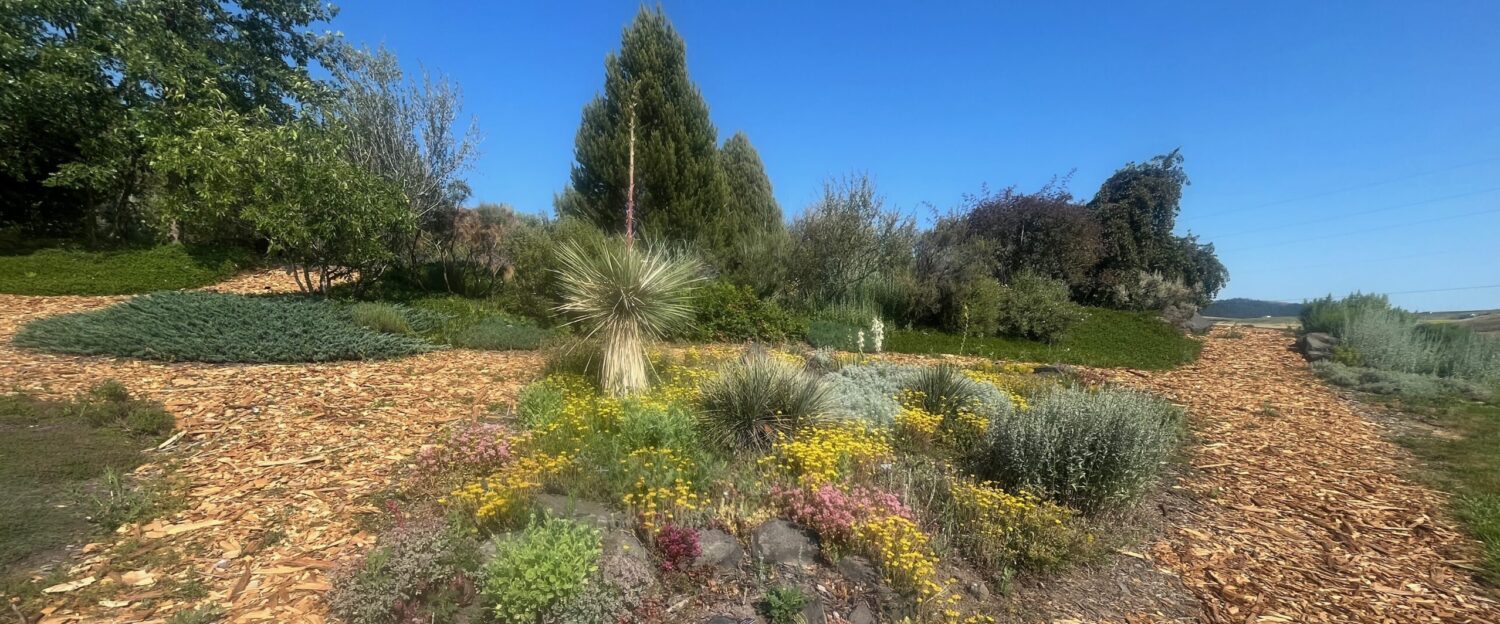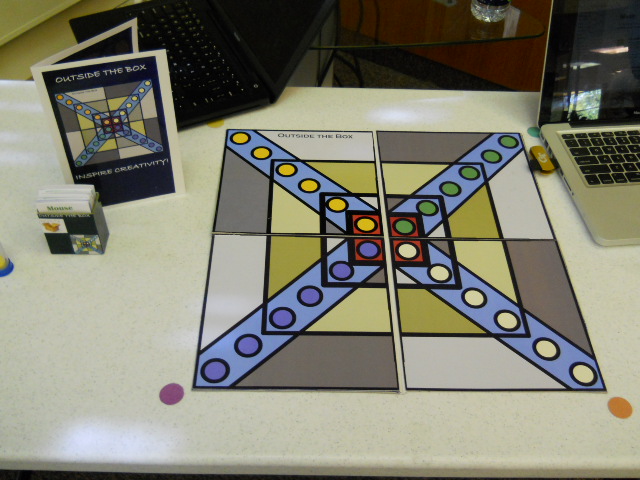[A version of the essay was presented at the 2018 MLA Annual Convention in New York City.] On the surface, I have the job that nobody else wants. I am a contingent faculty member at a Research I institution that values research more than teaching. I asked a previous university president how he would ensure…
Author: LeeAnn Hunter
Group Reading Activity
I have had great success with the following in-class activity when discussing assigned readings, images, or videos. 1. Ask basic, generative questions at the beginning of class in the large group, and list responses on the whiteboard. Promote short-answer responses by asking questions such as: “identify major terms or keywords in the text,” “identify modes…
The Multisensory Classroom (MLA 2013 Presentation)
I am here to talk about the Learner’s Body in the face-to-face classroom. Now, we have a lot of smart people developing creative online and hybrid pedagogies in ways that surpass anything we can accomplish in the classroom. But that’s only if we don’t change the classroom in this post-digital or new digital era. What…
Ruin in the 19th Century: A Poster Session
On December 7, 2012, students at Washington State University hosted an interactive poster session on nineteenth-century representations of ruin in art, philosophy, and literature. In addition to a critical response to ruin as picturesque, tragic, and sensational, students also displayed contemporary artwork and media reflections on how ruin has taken shape in the twenty-first century….
The Posthuman and the Nineteenth Century
My spring 2012 course at Georgia Tech considers the ways in which nineteenth-century authors began constructing visions of what would come to be known as the posthuman. We’ll also turn toward contemporary new media that echoes these early visions. Visit the full course website at: www.leeannhunter.com/posthuman. “In this course, we will examine the commercial viability,…
Victorians Institute Conference: The Past, Present, and Future of Dickens
On Saturday, October 22, 2011, I am presenting a paper at the Victorians Institute Conference in a panel on “Teaching Dickens.” My paper is on “The Future of Dickens: Digitizing Architectural Spaces and Identity in Hard Times.” Abstract. John Ruskin influenced the way Victorians conceived of the human side of architecture. In his appreciation for…
Invention Mobs: The Event
On Wednesday, October 5, 2011, my students gathered in the Neely Room at Georgia Tech to showcase their experimental and interactive creative projects. Students developed and crowdsourced a variety of games, music videos, websites, fictional narratives, and much more, for the Georgia Tech community. To learn more about the project, see my explanatory essay at:…
Invention Mobs: The Concept
My fall 2011 class was inspired in large part by Daniel Pink’s book A Whole New Mind: Why Right-Brainers Will Rule the Future. What I love about Daniel Pink’s book is that half of the book is also a handbook. He offers activities as suggestions for developing specific types of creativity. Thus far, the students…
History and the Human
From the Preface of Lytton Strachey’s Eminent Victorians (1933): “The history of the Victorian Age will never be written: we know too much about it. For ignorance is the first requisite of the historian–ignorance, which simplifies and clarifies, which selects and omits, with a placid perfection unattainable by the highest art” “It is not by…
In a Blur
Yes, I can “see,” I wear contacts, but clearly this morning I was in a blur. I left my house, walking across the parking lot to cross the road, when I take a quick scan of myself and am stunned into laughter. Could it really be possible that I was walking outside in public like…

